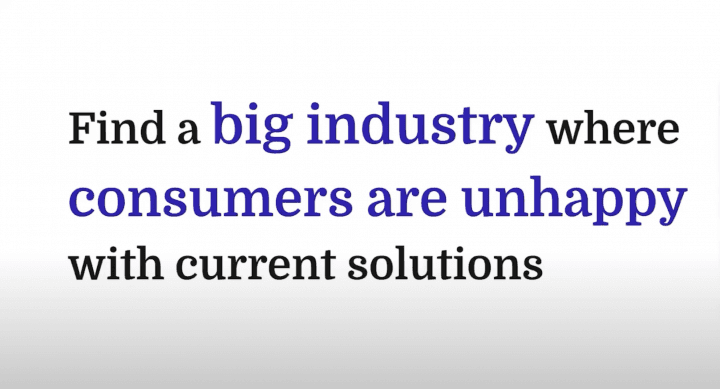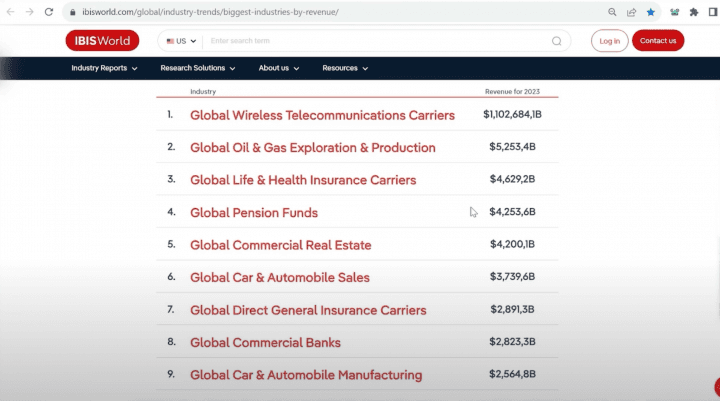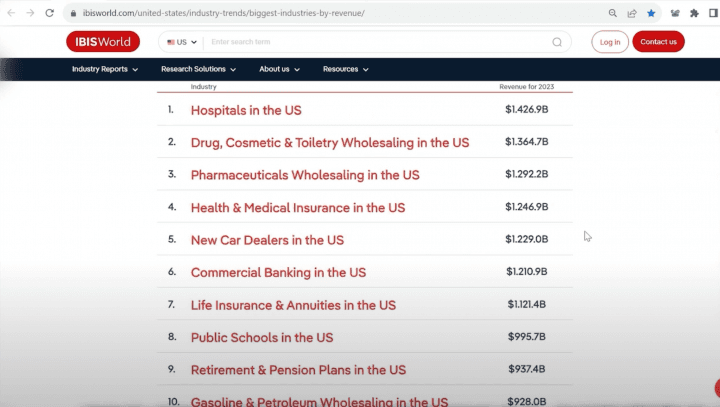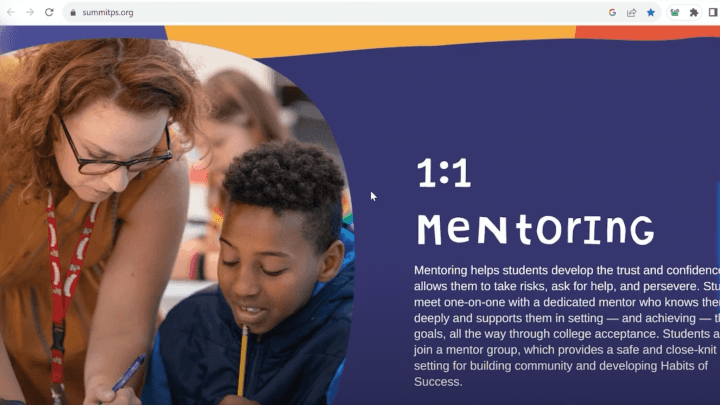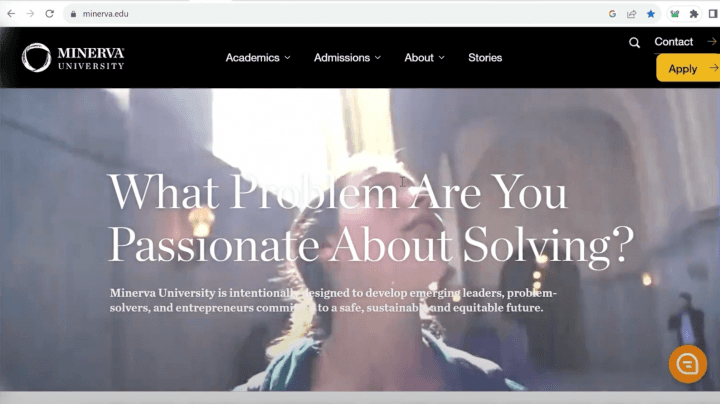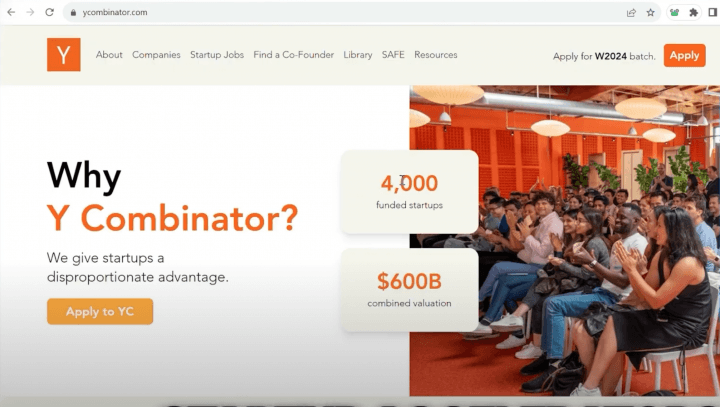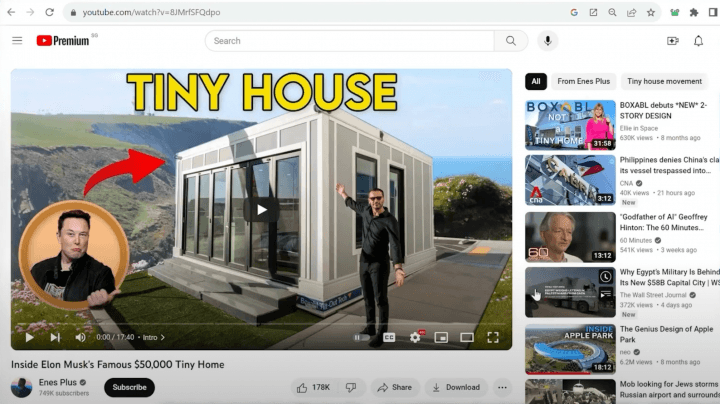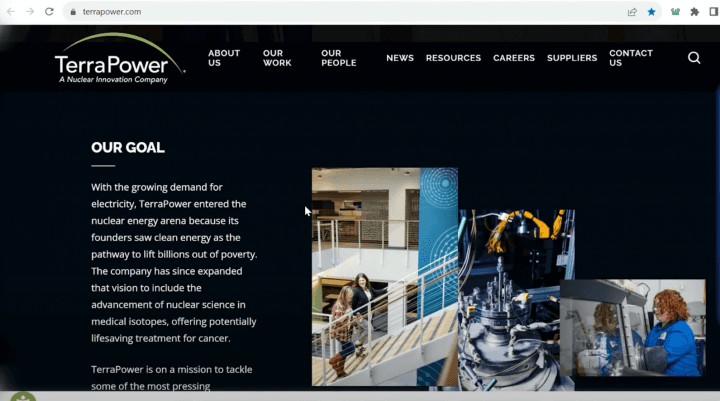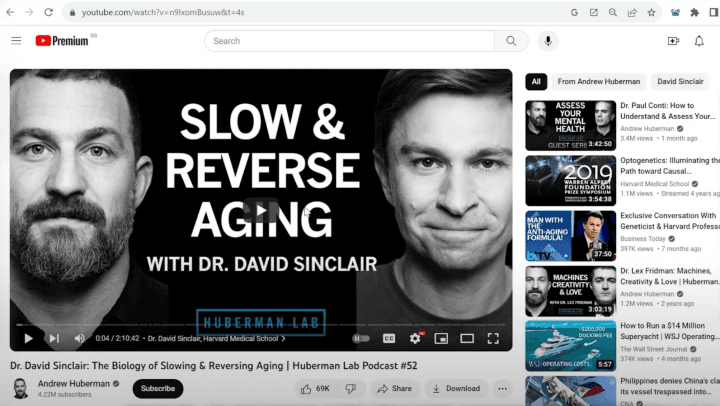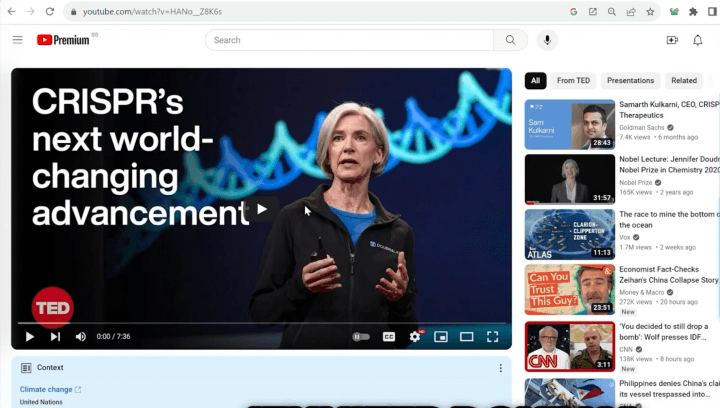How To Start A Startup
How we built ContactOut to 8 figures in revenue. Video series with screen shares.
You want to pick an industry with at least 1 billion in revenue potential.
One easy way to judge this is if there’s an incumbent company, in my case, in the recruiting there’s LinkedIn, and in the sales industry there’s ZoomInfo. Where they’re both making over a billion dollars.
You want to find a big industry where consumers are unhappy with current solutions, because that’s where there’s a gap in the market to provide a solution that’s significantly better.
The biggest industries in the world are not what you think.
Most startup founders are like, Oh, I’ll just start another B2B software as a service company.
When actually, according to IbisWorld, the biggest industries globally are telecommunications, energy, insurance. real estate, automotive, banking, healthcare, hospitals, pharmaceuticals, as well as schools and universities.
I can think of so many problems that I’ve personally experienced in most of these industries.
For example, education.
School was a massive waste of my life.
Mark Zuckerberg and Priscilla Chan are creating a new school curriculum called Summit that’s focused on mentoring, real world projects, and self directed learning.
There’s also Minerva University where you get to solve real world problems and work at 8 internships across 8 different countries instead of just learning from books.
Then there’s startup accelerators. Imagine if you can get rid of MBA programs and just do a two year startup accelerator where you actually build your business instead of learning about business.
There’s real estate and housing affordability. What if we can house people in 50, 000 houses? like the one that Elon Musk lives in.
There’s affordable energy. Bill Gates is working on a mini nuclear reactor that is safe and doesn’t melt down and which you can put in your neighborhood to source virtually unlimited energy.
Then there’s healthcare, which is the biggest expense in the US. Instead of treating disease when we get it, what if we can allow people to be healthier by slowing down and reversing the process of aging so we don’t get sick in the first place, which is what Dr. David Sinclair of Harvard University is working on.
There’s also advances in editing our DNA with CRISPR, which literally allows to be superhuman and disease free, from Nobel scientist Dr. Jennifer Doudna.


